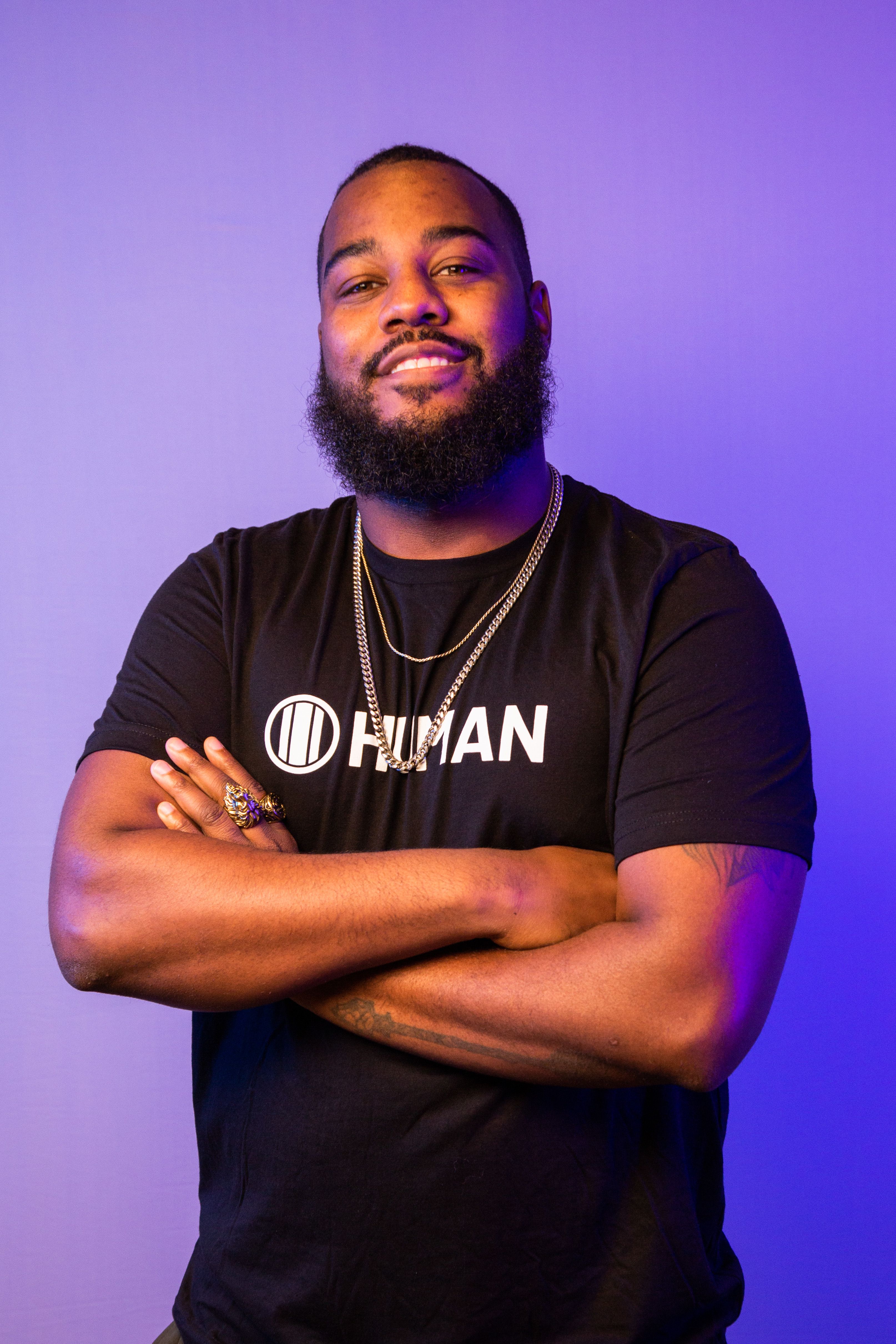SXSW is not a conference and it is not a music festival. It is billed as a hybrid of both. That is why HUMAN’s own Francis Kitrick was there, listening to the next big artist in music and discussing what was to come when it came to fighting bots and fraud industry wide. Francis along with Josiah Albertsen (Pandora-Siriusxm), Christine Barnum (CDBaby) and Niels Rump (DDEX) got together for a panel called A Growing Collaboration to Fight Bots & Spin Fraud. Francis and the rest of the panel talked about what schemes they were seeing from bad actors in the music landscape, how bots are affecting the way artists create, and the best way to stop their actions as well.
Fraudsters Climbing Up the Charts
You don’t need a "Behind the Music” docuseries to know that the digitization of music dramatically shifted how we go about digesting it. It is not simply that we went from buying physical copies of CDs to streaming singles and albums. The ability to instantly access music on multiple platforms opened up the industry to the masses even more and allowed abundant opportunities for profits to be made.
However, we’ve come to learn that where the money goes, fraud will always follow.
When you think of fraudsters in the music industry the topic that comes to mind is bad bots taking all the tickets. While that is a concern, there is also a lot more plaguing the ecosystem.
One of the most prominent frauds of the new digital age in music is spin fraud. Spin fraud is when fraudsters use bots to inflate the popularity of songs by listening to them over and over again. Sometimes fraudsters use the credentials of real humans to get into accounts on streaming services, unbeknownst to the human. This practice leads to many downstream impacts that flow into even more fraudulent schemes.
Issues like invalid traffic, stolen user credentials, fraudulent downloads and advertisers serving ads to inauthentic humans are among the growing problems the ecosystem fights as it continues to mature. If we want to keep music as human as possible, it is a war to be won together.
Panel speaker Francis Kitrick, who joined HUMAN because he “loves hunting bots,” addressed the SXSW panel with the concerns malicious bots bring to the industry.
“I will say definitely, in recent times, almost 80% of any sort of cyber attack is based on bots. And that's only growing and increasing. So bots and automation are continuing to become the biggest threat for anything that's digital. That includes music streaming.”
This doesn’t just affect the streaming services, it's a trickle down effect. It messes with the artist and their livelihood. It changes how artists create in order to try to rank or get discovered in the algorithm by appeasing bots. Ultimately it affects listeners and the connection they have to the music as well. How the music is delivered and what is done with user information changes if everyone plays the bot game.
Music shouldn’t be made for bots.
How To Make Sure The Beat Goes On
Battling fraud is often seen as a behind-closed door issue; something companies are doing in private but reluctant to talk about in a public setting. It is seen as taboo a lot of times to discuss and share how you are fighting back against fraudsters. The biggest advantage fraudsters have is not their technology or methods, but that information of their nefarious deeds aren’t shared.
Organizations admitting they were breached can be viewed as a sign of institutional weakness. The ideology of collective protection shows that information sharing can actually strengthen the entire digital landscape.
Sharing meaningful data so that fraudsters cannot simply move from platform-to-platform would be the industry’s way of forming the ultimate band.
Francis talked to the audience about why he believes collaboration is the key. “As organizations, we're often fighting against the same bad actors, except in silos. Time and time again, that's proven to be ineffective, and it just doesn't work. So if we work together as a team that's going to allow us to coordinate and take action together, and actually stamp out the bad actors and the fraudulent behavior, that might be able to move around and hide if we're not working in tandem.”
Sharing information between organizations is a step in the right direction. If not properly addressed and in a collective way fraudsters will continue to feast in every industry including music. It’s not just about streaming royalties, it encompasses everything digital when it comes to the ecosystem from streaming farms to manipulate chart placing, data corruptions, stealing user information, serving ads to fake humans on streaming platforms and a myriad of other things.
One Band, One Sound
Banding together so that fraudsters are held accountable is truly a harmonizing event. A panel like this at a venue like SXSW is key to what HUMAN and its partners throughout its network hope to achieve in every ecosystem; collaborative relationships that lead to sustained results against fraudsters. We have an established history proving the best way to disrupt the economics of cybercrime is together with a modern defense approach.
Every attack stopped enhances the mission and helps propel us towards the end goal: to ensure the internet remains human. That very much includes music by our favorite artists.
As Francis put it. “It's great even just to see the progress from a year ago, right? The fact that we're even talking about this now, I think it is great. Collective protection only works if everyone's buying into it agreeing to it. A year from now, I would love to see this beyond just detecting and blocking. If you're using a vendor like HUMAN or whoever - how do we then go from just blocking, flagging, detecting, to actively disrupting the actual fraud? How do we work together to stop that? Because we want to ultimately. They [fraudsters] are doing this because they're making money. Otherwise, why would they be doing it? So disrupting the economics of that. Finding ways to collaborate, lower our cost of defense, but increase the cost to the attackers, to the point where it just no longer makes sense to do it. Then you don't have to worry about educating artists on why they shouldn't be paying $1,000 to some random person to promote. Because that will no longer even be profitable. Those are the types of disruptions that we would love to see.”
Using the 3 pillars of modern defense strategy as instruments, we can create a symphony of collective protection that will be heard throughout the entire musical landscape. To listen to this thought-provoking panel, check out A Growing Collaboration to Fight Bots & Spin Fraud.


.jpg)
